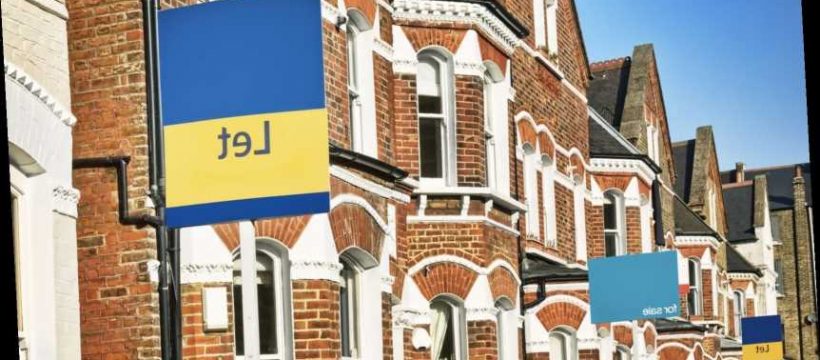As lockdown continues to ease, the demand for rented properties just drastically increased. So what does this mean for Generation Rent?
When Rishi Sunak delivered his mini-budget last week, he announced a stamp duty cut on property purchases up to £500,000, which will save home buyers as much as £15,000. Renters, however, were ignored in the summer statement, leading to criticism from housing campaigners who are concerned about the number of people expected to have trouble paying their rent.
So, what does the coronavirus pandemic really mean for renters from here? According to new research, rental rates in London have actually dipped, while they have continued to increase outside of the capital city.
Let’s break it down…
Have rent rates in London dropped?
According to new research conducted by RightMove, London asking rents are now lower by 0.6% than this time last year. Figures shared with The Guardian show that rental asking prices are down by 8% since February alone in zone 2 of the capital (Hackney, Brixton, Camden Town, Finsbury Park, Hammersmith and others). The article also reports that SpareRoom announced its figures show London rents are down 7%.
Rightmove attributed the fall to a 41% increase in rental stock, following a surge in vacant holiday lets, like Airbnb properties, being repurposed as long-term rentals.
What are rent rates like outside of London?
The average rental asking price is actually at an all-time high outside of London: an average of £845 per month, up 3.4% on the same time last year. SpareRoom reports its average rental asking price outside of London is up by 2%. This could be partially due to an increase in demand because more people are leaving London in lockdown.
How many people are looking for flats right now?
When we went into lockdown, new rental listings dropped by an average of 50%, but that number is now up 1% on the same time last year. The demand for these properties has also massively grown. Phone and email enquiries to agents hit a new all-time high on Monday 6 July, and rental demand across the UK is now 40% higher than this time last year.
This sudden increase in demand may lead to further upwards price pressure, except in areas of over-supply.
It’s also worth noting that a quarter of private landlords surveyed revealed they are planning to buy more properties to let. This may now be boosted further by the recent stamp duty holiday announcement. Although they have to pay the additional 3%, they will still make savings on the total amount of stamp duty payable.
What does all this mean for renters?
Rightmove’s commercial director and housing market analyst Miles Shipside explains: “The pause in the rental market has led to some distorted figures over the past few months, especially in cities where landlords with short-term lets made the swap to instead try and find a long-term tenant.Both rents outside London and demand being at a record high isn’t good news for many tenants looking to move right now, especially as we know there will be even more competition for those attractive properties with more space, bigger gardens and a spare room.”
He adds: “There are early signs that some existing London renters are looking to move further afield, adding to the large increase in the number of properties up for rent on Rightmove in the capital, so prospective tenants there could find there’s some room to negotiate especially if they are happy to sign a longer-term contract than usual.
“Many renters may feel they’ve been left out of the chancellor’s recovery packages, but one glimmer of hope is that the temporary stamp duty savings may entice more investors to expand their portfolio. If this does happen we could see more choice for tenants and in turn prices may stabilise for a while, but it will take some time.”
If you need support or information on renting, you can contact Shelter through the charity’s website.
Images: Getty
Source: Read Full Article

